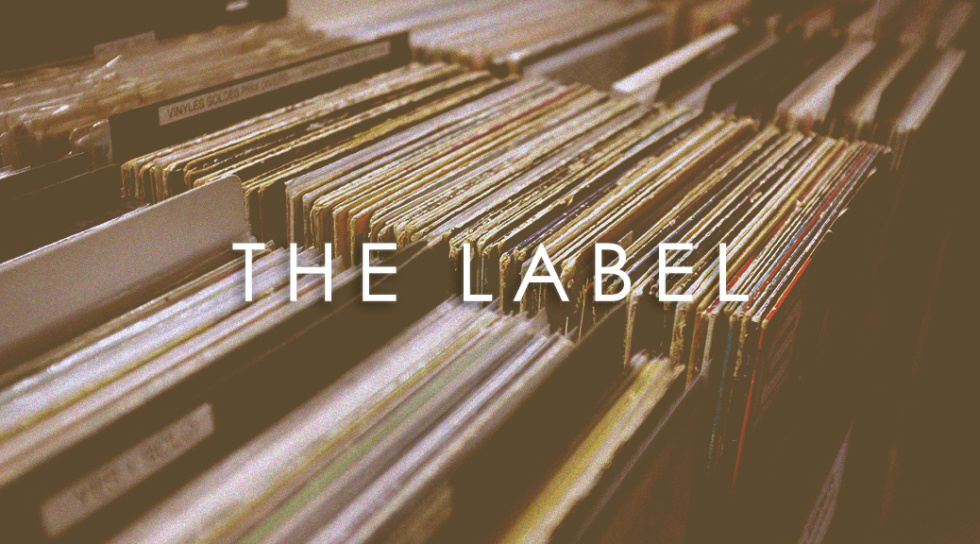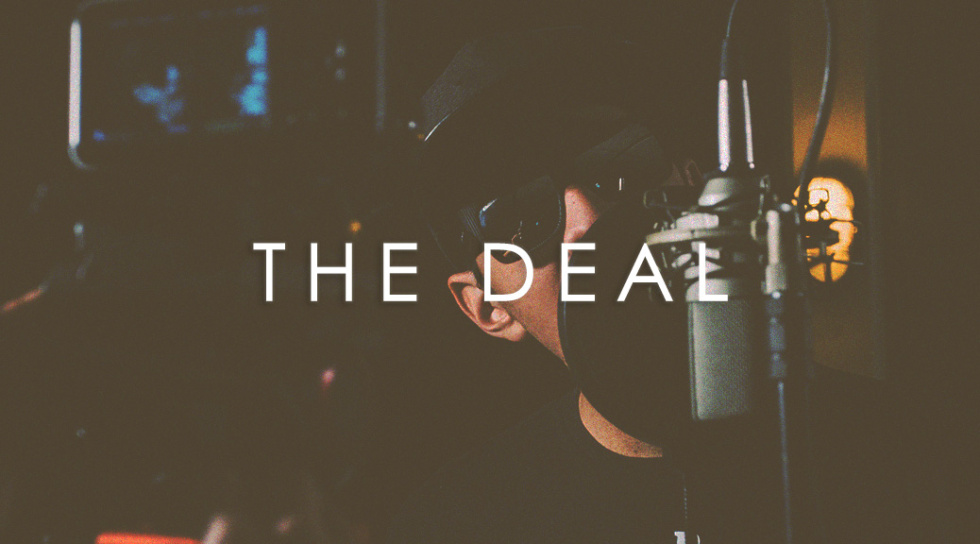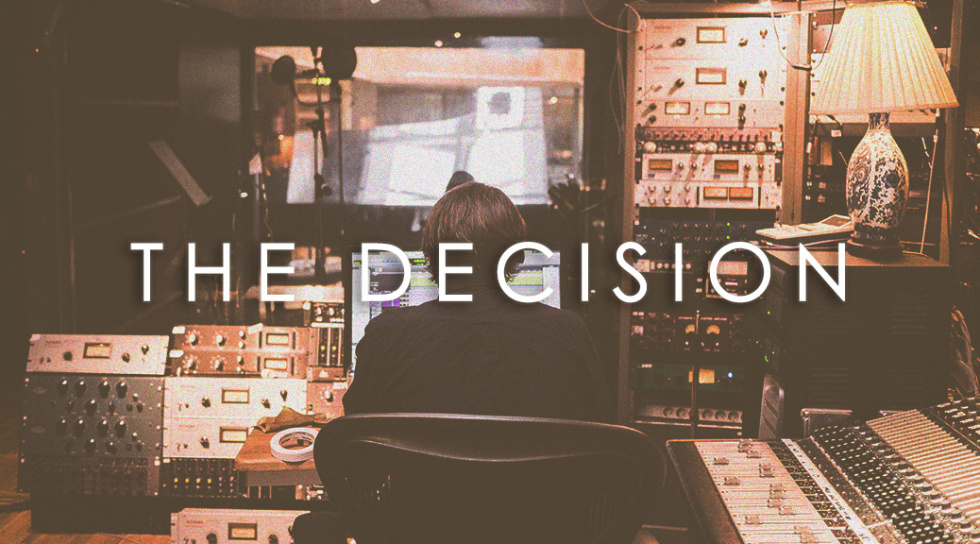There has never before been a time where artists have had the power to control their destiny. That time is now.
By Aidin Caye
I have had the privilege of working for two of the leading Record Labels in South Africa during my time in the music industry, which has afforded me the opportunity to work with some extremely talented artists who have flourished and achieved great success, as well as others who have unfortunately fallen by the way side and had to resort to getting ‘day jobs’. In certain cases the relationship between the artist and the label has been symbiotic and collaborative, whereas in other cases, the relationship has been somewhat distant and detached, both nevertheless having their upsides and downsides. One of the perks of being an A&R is discovering talent, whether finding it yourself (typically online in this day and age) or it finding you. The reality is that most up-and-coming artists are in pursuit of a record deal in some shape or form. Whether it’s due to the allure of the fame and fortune they see portrayed by their idols I am unsure, but more often than not, it’s a desire many have without thinking it through. If you are such an artist, the question you should ask yourself is, “Why should I sign with a record label?”.
To be honest, the answer to this question won’t be found in this article. Rather, you will find it within yourself. No two artists are alike, their respective journeys, strengths, weaknesses, talents and tastes will differ, but with some context and insight, the answer should be easier to come by. Few can disagree with the argument that artists today are more empowered than ever before thanks to the advancements of technology, the internet in particular. In the past, it was unheard of for artists to even attempt to distribute their music on their own, but with the rise in popularity of the digital download and streaming universe, the opportunity to get their music out to their fans is literally within reach of their fingertips.

I’m fairly certain that if I asked you to name three record labels off the top of your head, you would be able to do so with ease. Most artists, especially DJs, have their favourite labels that they follow loyally. The best labels in my opinion are those with as strong a following as the artists they sign. They strive to build both a brand and a community that is passionate about the music they are releasing.
Labels can be separated into three categories : Majors, Semi-Independents and True Independents. Although this distinction originated in the days of physical retail dominance, it has stayed true in the digital age. The Major landscape may have changed since the breakup of EMI in 2012, however, the global music industry is still very much dominated by the three (remaining) key players, Universal, Sony and Warner. By textbook definition what makes Majors is not only their size (and revenue), but rather the fact that they own their own distribution network. This is the main distinction between a Major and an Independent. The difference between Semi-independents and True independents is a similar distinction. It’s becoming more popular these days for Independent labels to distribute through Major labels, thereby reducing running costs and capitalising on their established networks, these would be classified as Semi-independents. A True independent has no affiliation to a Major at all.
If you are contemplating signing a record deal, deciding on which type of label to go with should be a key consideration. Going with a big name Major label isn’t always the obvious choice you think it may be. Admittedly, these labels do invest significantly more in their artists, but they also sign a lot more artists, many of whom are either dropped or shelved. Although their deals are often less favourable for the artist (which I will cover in further detail in the next section), many are willing to overlook this given the reach and influence of these labels in the music industry. In contrast, with independent labels, the teams are a smaller and more hands-on, allowing for a more personal relationship with their artists. There is a much higher risk for their investment so more often than not, they are more driven to see the project through. The tradeoff however is that relatively speaking; their investments and networks are also considerably smaller.

For any artist, the most daunting part of signing with a label is the moment you receive the mound of paperwork outlining in tedious detail how you will transfer the rights to your music over to them in return for their investment in you. At our core, we as artists are creative beings, many of whom are not versed in the practice of the law and who break into a cold sweat when faced with intimidating legal terminology. Combine this with the horror stories of artists being manipulated by label executives over the years and it’s enough to make anyone’s palms clammy. Despite these realities, many artists continue to naively fall into the trap of signing deals with labels based on promises of future riches and fame. The focus here is not on what a good or bad deal looks like (more on this topic in a future article) but rather on the types of deals artists could be faced with and how these may or may not benefit them when they’re looking to sign with a label.
There are three main deal types an artist would be faced with in 2017:
-
ARTIST DEAL / RECORDING DEAL
-
360 DEAL (ARTIST DEAL, PUBLISHING DEAL, LIVE INCOME SHARE ETC.)
-
LICENSE DEAL
Without lengthening this article unnecessarily and going into too much detail on what these deals comprise of, I recommend spending some time researching them online and educating yourself further on exactly what they entail. In short, the 360 Deal is what most labels will look for from artists they are interested in signing, as they earn off of every aspect of the artist’s career (record sales, neighbouring rights, live income, merchandising, sponsorships etc.), which some may consider to be unfair, but when you consider the risk of investing money into an artist and the stakes that are involved, the label’s arguments are more often than not, justified. With this type of deal you receive the full support of the label via all of their services, relationships, networks as well as actual monetary investment. However, in return, you sacrifice a large share of your total income. The License Deal caters more for artists with an established brand who are looking to partner with a label in order to leverage their network, and most importantly, their resources to take the responsibility of distributing, releasing and promoting the music off of the artist him/herself. Labels will usually not invest money in artists they have these deals with and in return they take less of a percentage off of record sales and also do not get involved in publishing, live or merchandising income.

Now that you know which label and what deal you’re after, the final decision to be made is, whether this is really for you. As stated earlier in this article, I cannot say whether you should or shouldn’t, since no two artists are alike, some need more nurturing and guidance, whereas others are more independent, preferring to handle everything themselves. It is your responsibility to weigh up your options and make an informed decision on what will suit your needs best. As cliché as they are, Pros vs. Cons lists can be extremely effective. A PRO of signing to a label is the ability to utilise their network and A&R expertise to support your vision for yourself, but the CON would be giving up more than 80-85% of your earnings in return. A PRO of going it alone would be retaining all the income earned from your music sales and having 100% creative control, but the CON would be not having an established support structure and having to front all the capital (and all the risk) to get your career off the ground (paying for photoshoots, music videos, PR companies, designers etc).
The answer to whether you need a record label in 2017 is that it is solely up to you and your make-up. There has never before been a time where artists have had the power to control their destiny as they do now and the responsibility lies solely on them to make the decision of what would be best for their future careers. Make sure your decision is an informed one.



